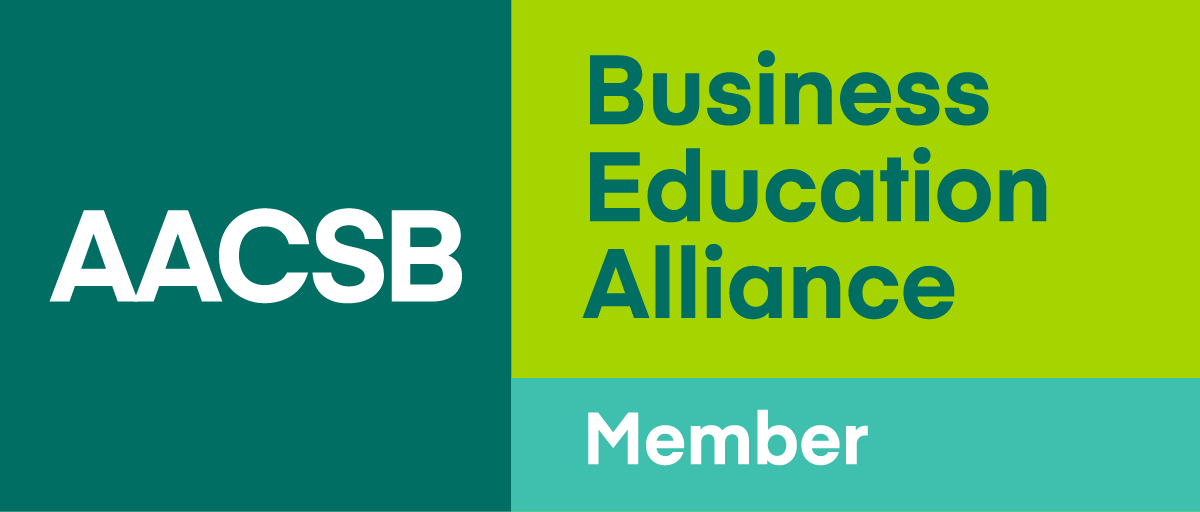【CM CSR】Decision-making is a key aspect of business management –Professor H. Jason Huang: Fulfillment of social responsibility requires unity of knowledge and action


Professor Huang points out that the foundation of enterprises and maintenance of their reputation is not easy. Every major decision therefore requires rational consideration and analysis of positive, negative, and long-term impacts on stakeholders. When the overall positive impacts outweigh the negatives, it is a successful decision. Professor Huang is also convinced that classroom teaching methods are not appropriate for decision-making processes. He uses case studies to facilitate the learning process without forcing his values on his students or instilling dogmas into them. For instance, Professor Huang emphasizes his value neutrality in his international program courses which are filled with foreign students since he understands that each person’s ethical belief system is formed by the culture, laws, and moral norms of his/her living area. In addition, he also asks students to share their personal experiences. In this process, he plays the role of a facilitator who reminds his students of neglected factors and thought processes in a timely manner. He constantly reminds his students that they must consider their social responsibility in all their decisions and strives to transform them into ethical leaders who automatically consider ethical standards in their decisions.
As of the Academic Year 2020/2021 ethical courses are listed as mandatory in the College of Management. Professor Huang believes that this is the right direction since students will become aware of the importance of this subject and raise their ethical sensitivity. The incorporation of such concepts into the general education foundation of management science (commonly referred to as the five aspects of management: production management, marketing management, HR management, R&D management, and financial management) is more important than the mere teaching of theories. Through the study of actual decision-making issues, students are guided to incorporate ethical management concepts into their business decisions.Societies and universities place increasing emphasis on ethics and social responsibility. Professor Huang encourages his students to participate in ethics case study competitions to learn how to apply ethics and social responsibility concepts in their decision-making and analysis processes when facing problems. He further recommends that the College of Management organize its own ethics competitions to build a climate of ethical awareness and thereby enable College of Management graduates to make the right decisions regardless of their role at the workplace by placing equal emphasis on the pursuit of profits and the safeguarding of the interests of stakeholders and society.




